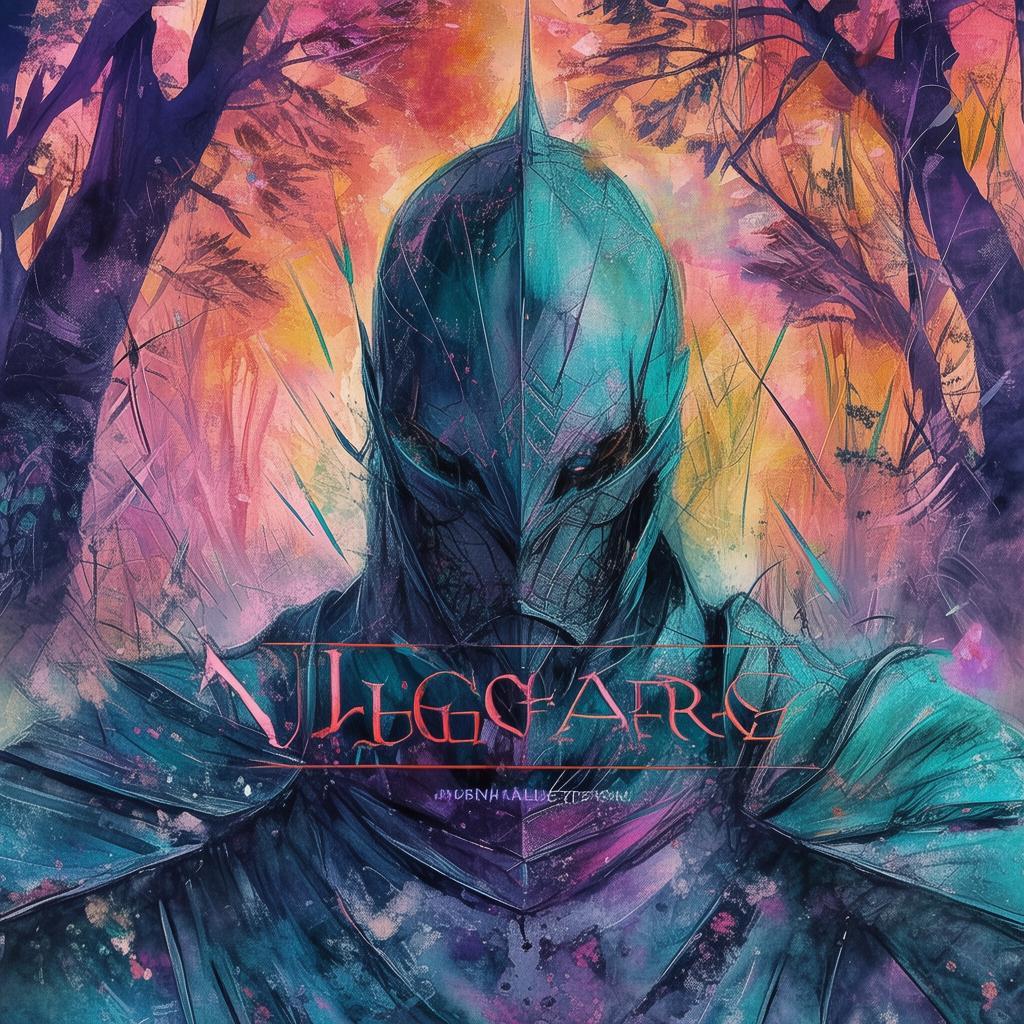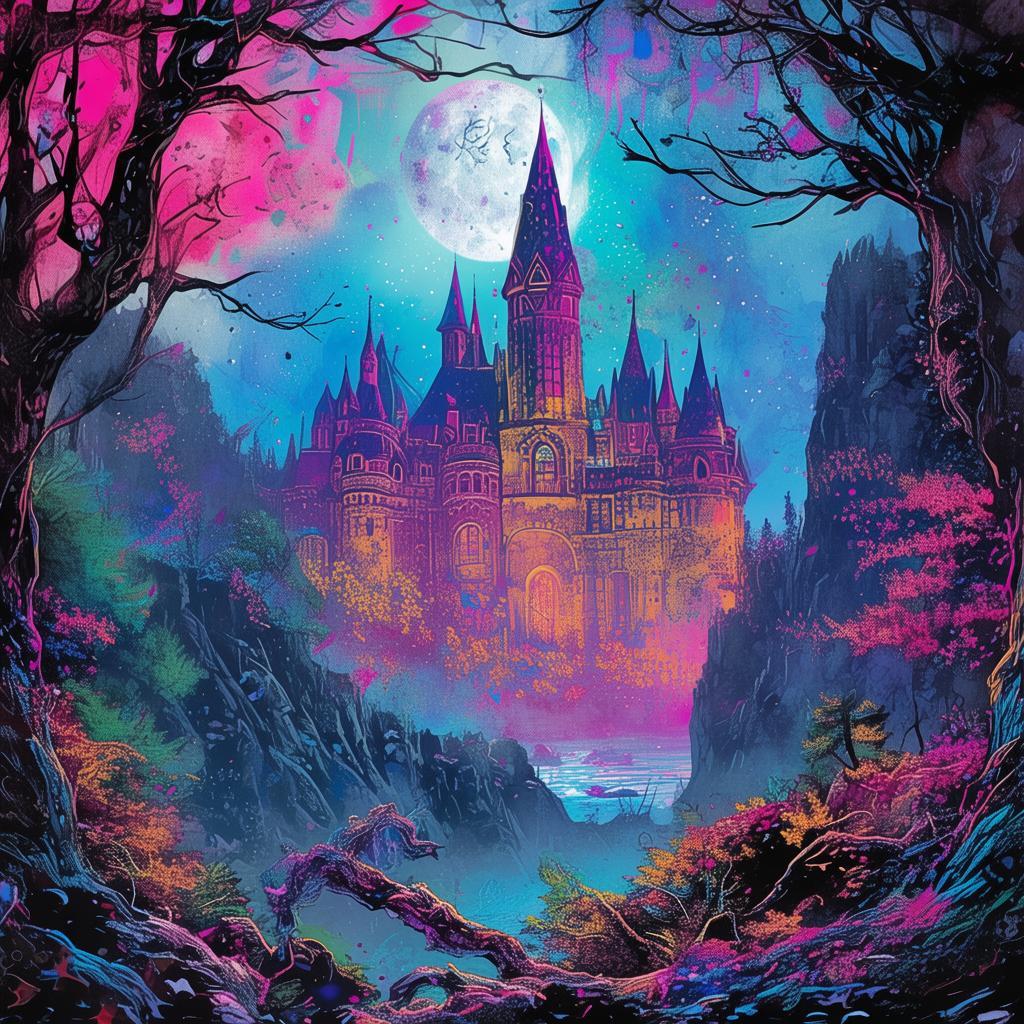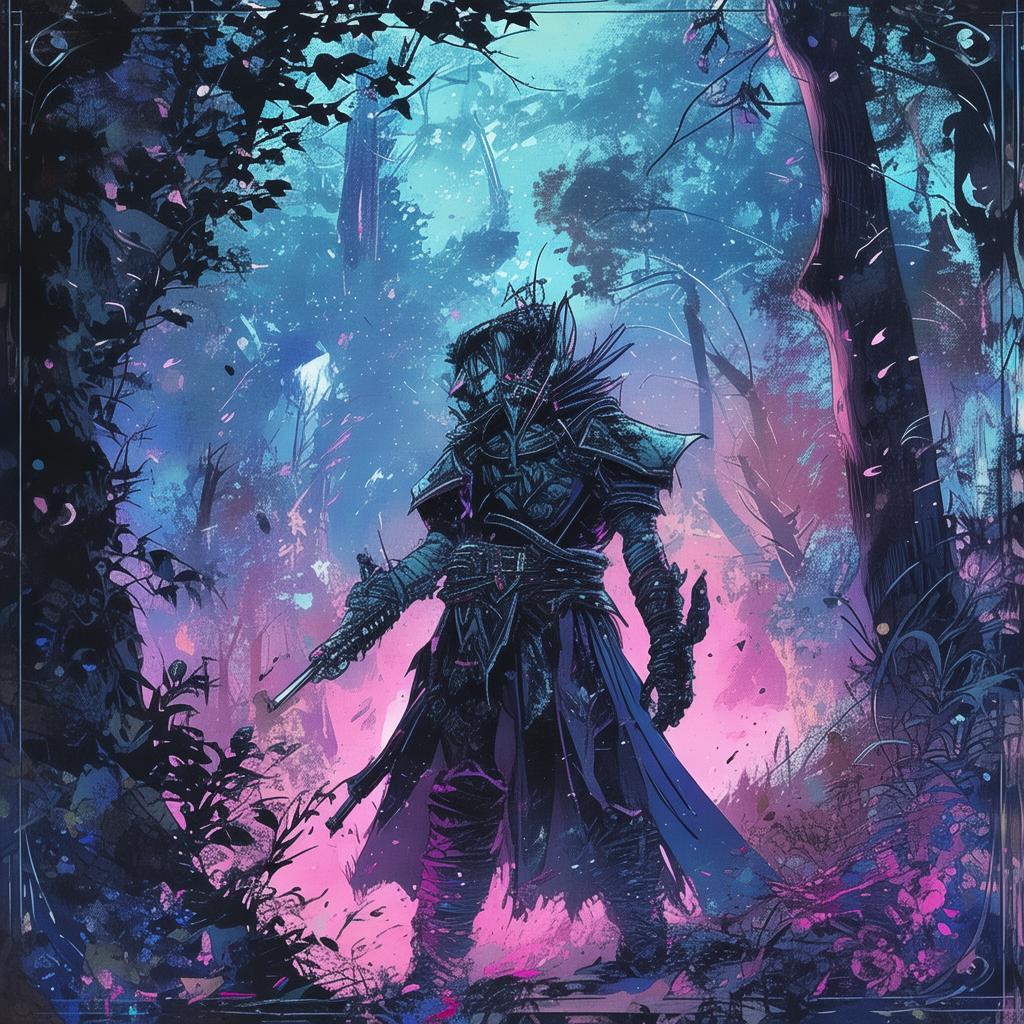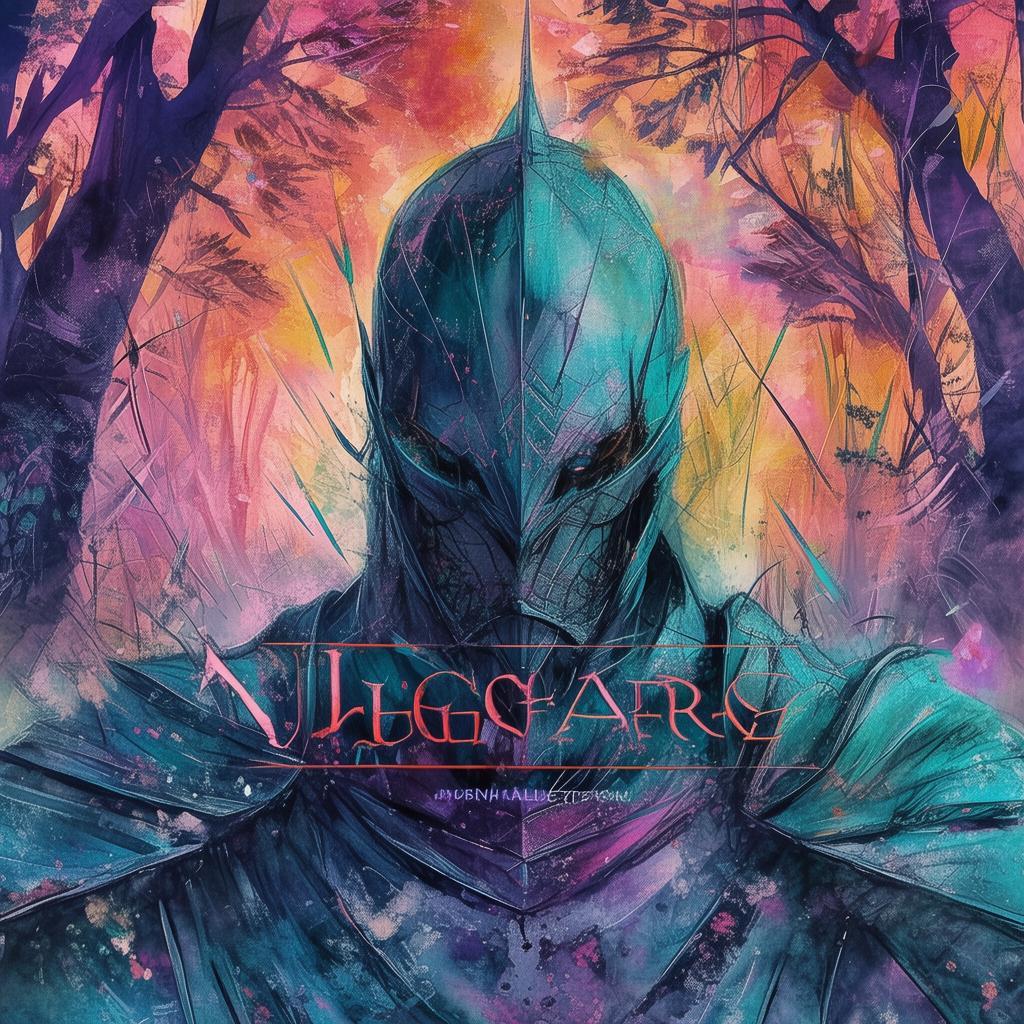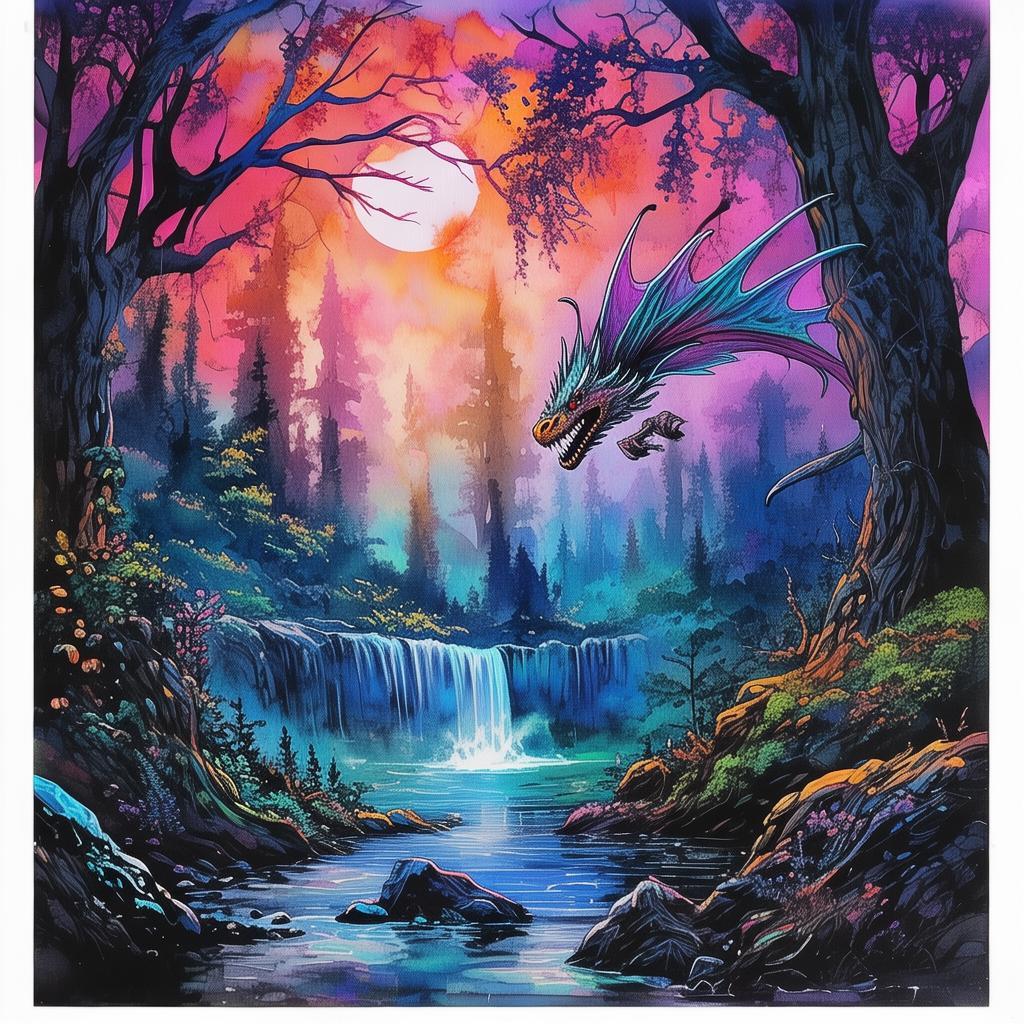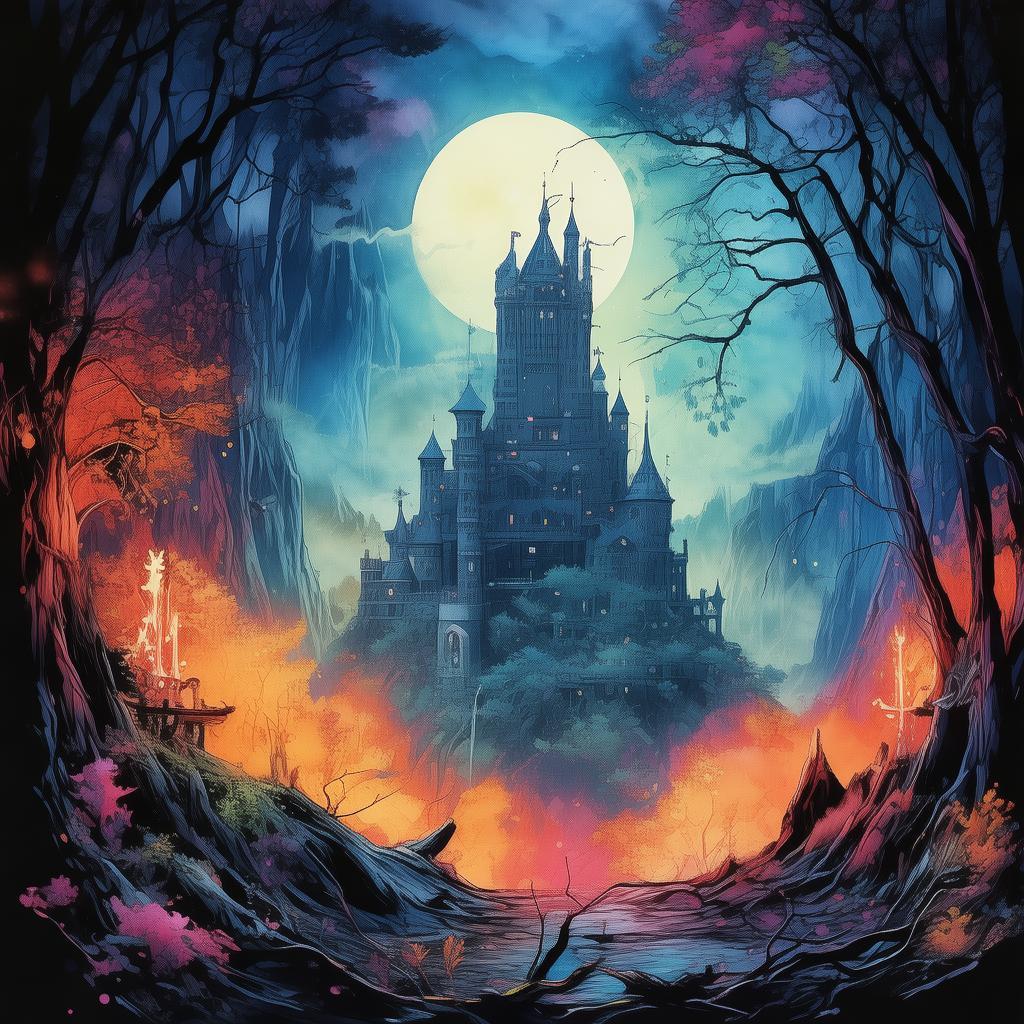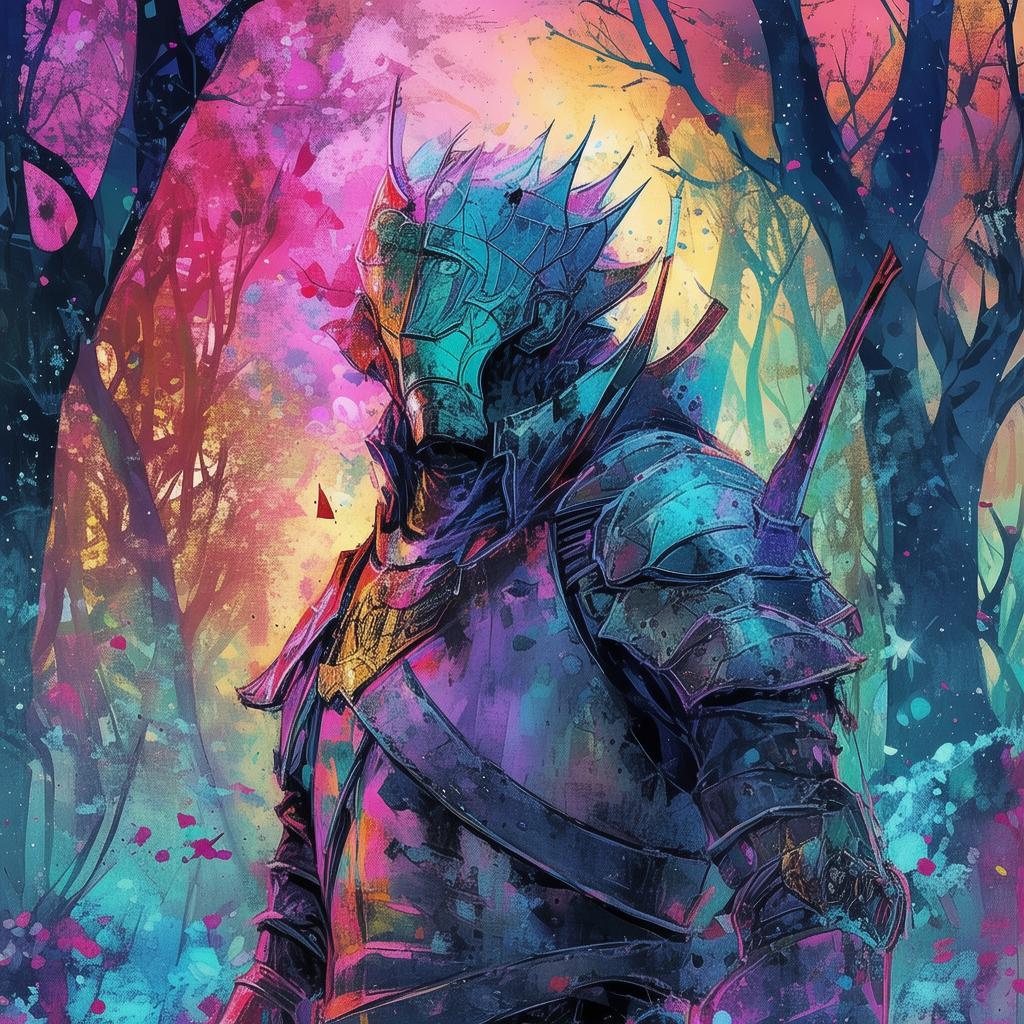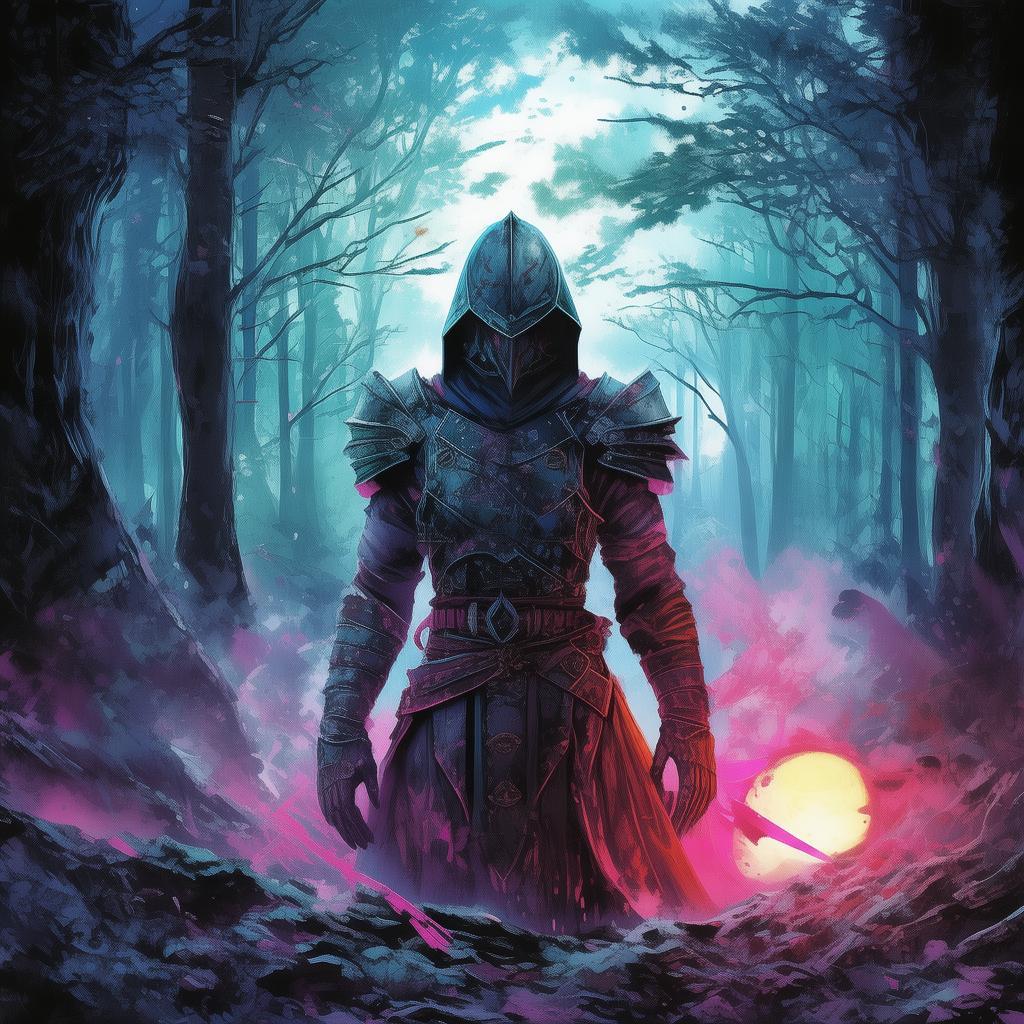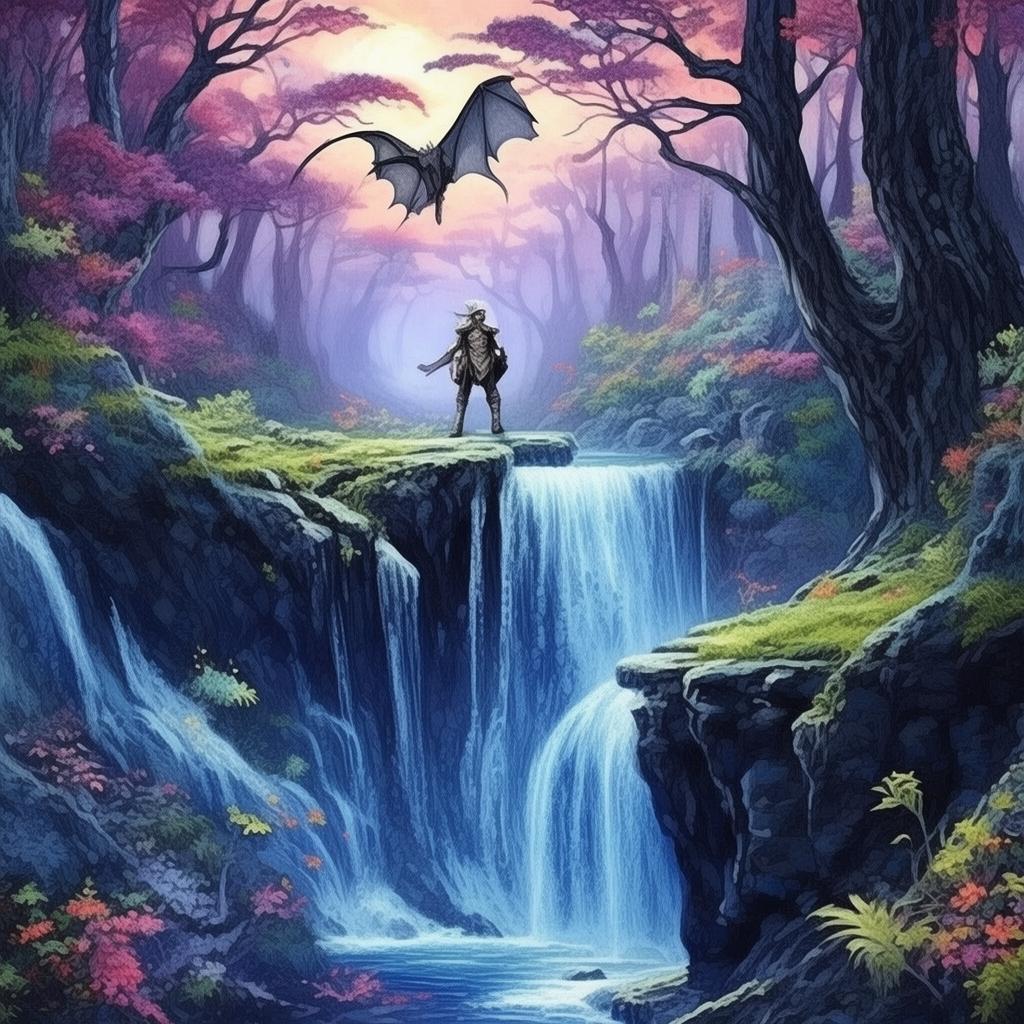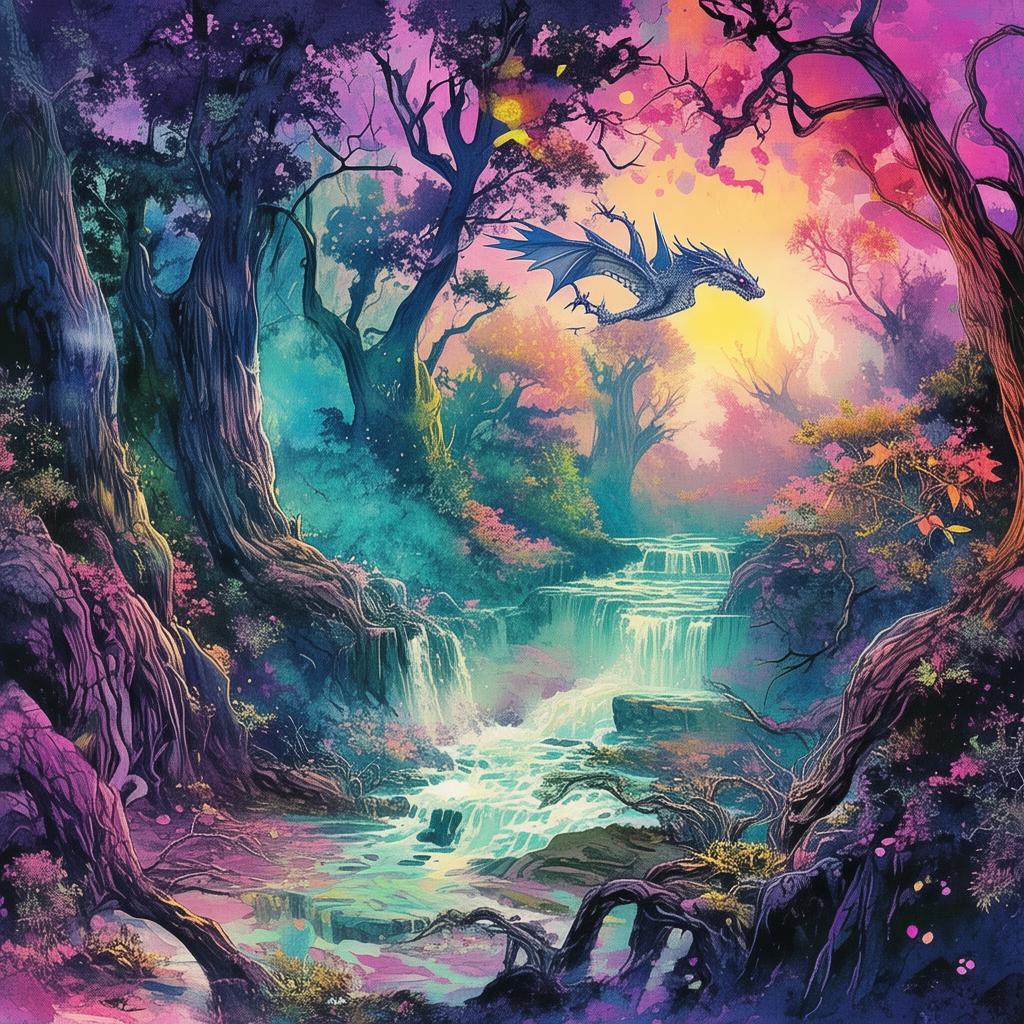The Eclipsed Oracle of Angkor
In the heart of the Khmer Empire, under the shadow of Angkor Wat, the sun dipped low, casting a golden hue over the ancient city. The temple, a testament to the might of the Khmer kings, stood silent, its carvings and bas-reliefs whispering tales of bygone eras. Amidst the chaos of a bustling market, a young monk named Vara wandered through the streets, his heart heavy with a newfound revelation.
Vara had been a student of the great sage, Master Rama, who had imparted to him the wisdom of the Buddha and the mysteries of the afterlife. It was during one of his profound teachings that Master Rama spoke of the Labyrinth of Samsara, a mystical structure said to be the very heart of Angkor Wat, hidden away from the world. He had mentioned a prophecy that spoke of a chosen one who would unravel the labyrinth's secrets, and in doing so, save a civilization on the brink of destruction.
Curiosity and destiny led Vara to seek out the Oracle of Angkor, a wise and ancient being said to reside within the labyrinth. With each step, he felt the weight of the prophecy pressing upon his shoulders. He had always been a monk of the heart, seeking enlightenment through compassion and wisdom, but this was a path that called to him with a force he could not resist.
As Vara entered the labyrinth, he was greeted by a cacophony of sounds—chattering insects, rustling leaves, and distant echoes of the temple's bells. The air grew thick with humidity, and the temperature rose, making his breath foggy with exertion. The walls of the labyrinth were adorned with intricate carvings, depicting scenes from the Khmer mythology and the tales of the afterlife.
The Oracle, an ethereal figure of smoke and fire, appeared before him, her eyes piercing through the darkness. "You have been chosen, young monk," she spoke, her voice a blend of whispers and roars. "You must navigate the labyrinth of Samsara and face the trials within to discover the truth."
Vara's heart raced as he began his journey. The first trial was the test of patience. He found himself at a crossroads, one path leading to the Oracle's temple, and the other to a seemingly endless expanse of corridors. Choosing the path to the temple, he encountered a guardian, a statue of a fierce warrior. The guardian, carved from black stone, stood motionless, his eyes locked onto Vara.
"You must prove your worth," the guardian's voice echoed through the labyrinth. "Answer this riddle, and you may pass."
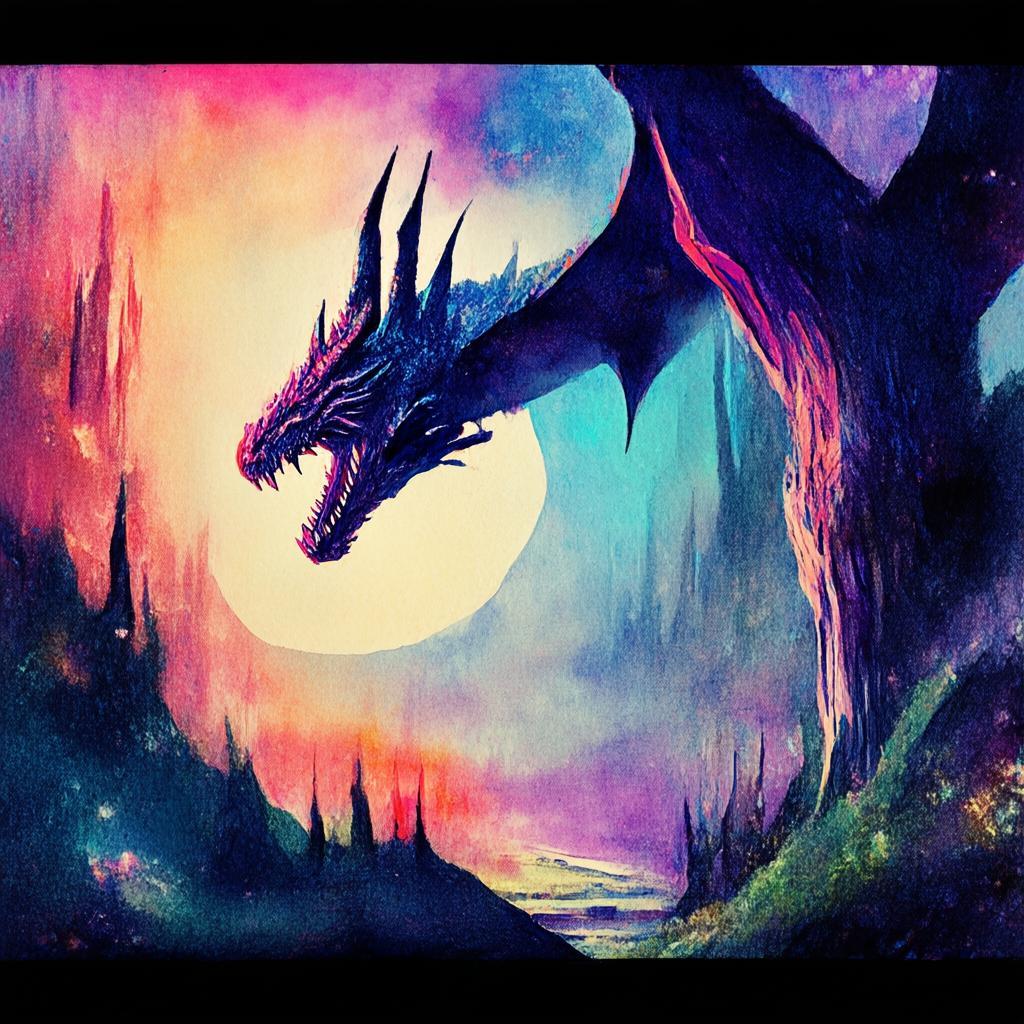
Vara's mind raced as he pondered the guardian's challenge. The riddle was simple yet profound: "What has a mouth but never speaks, has a head but never walks, has a heart that never feels, and has hands that never work?"
The answer, of course, was the tree. The guardian nodded in approval and allowed Vara to proceed. With each step, he encountered more trials—tests of courage, wisdom, and compassion. He faced his own demons, as well as the deceitful nature of the world he had grown to know and love.
As Vara ventured deeper into the labyrinth, he discovered the hidden truth behind the prophecy. The civilization of Angkor, once a beacon of knowledge and culture, was in danger of being engulfed by an encroaching desert, a metaphor for the cyclical nature of life and death. The Oracle revealed that Vara was the chosen one who would prevent this fate by restoring balance to the land.
In a dramatic twist, Vara discovered that the true threat to Angkor was not the encroaching desert but the corruption within the heart of the empire itself. A betrayal by one of the high-ranking nobles had led to the desecration of sacred lands and the neglect of the people. With this revelation, Vara realized that his journey was not only about the survival of Angkor but also about the salvation of its people from the very forces that sought to destroy them.
In the final trial, Vara confronted the betrayer, a nobleman who had been driven by greed and power. The nobleman, a former mentor and friend to Vara, admitted his guilt and sought forgiveness. In a moment of profound compassion, Vara forgave him, and together, they sought a way to heal the land and restore peace.
The Oracle, ever present and guiding, watched over them as they worked to reverse the damage. Vara, now enlightened by his journey through the labyrinth, understood that the true purpose of Samsara was not just about the cycle of life and death, but about the endless journey of the soul towards enlightenment and the betterment of all beings.
With the labyrinth's secrets uncovered, Vara emerged from the maze, the desert retreating, and the people of Angkor celebrating their newfound freedom. The Oracle of Angkor, her form now indistinguishable from the very labyrinth itself, vanished into the shadows, leaving Vara with a sense of peace and purpose.
The young monk had learned that the true essence of Samsara was not a cycle of endless suffering, but a path of growth and enlightenment. And as he looked upon the reborn city of Angkor, he knew that his journey had only just begun.
✨ Original Statement ✨
All articles published on this website (including but not limited to text, images, videos, and other content) are original or authorized for reposting and are protected by relevant laws. Without the explicit written permission of this website, no individual or organization may copy, modify, repost, or use the content for commercial purposes.
If you need to quote or cooperate, please contact this site for authorization. We reserve the right to pursue legal responsibility for any unauthorized use.
Hereby declared.
